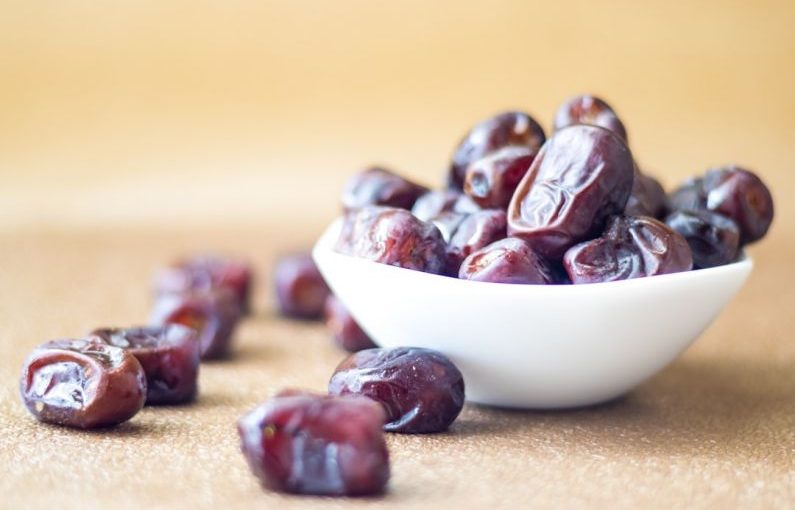When it comes to sweeteners, most people immediately think of white sugar, brown sugar, honey, or maple syrup. However, there is a lesser-known natural sweetener that deserves more attention: date sugar. Derived from dried dates, date sugar is a wholesome alternative that offers a unique flavor profile and several health benefits. In this article, we will explore the origins of date sugar, its nutritional value, culinary uses, and why it might be a worthy addition to your pantry.
The Origins of Date Sugar
Dates have been cultivated for thousands of years in the Middle East and North Africa, where they have long been prized for their sweet taste and high nutritional content. Date sugar is made by dehydrating dates and then grinding them into a fine powder. Unlike refined sugars, date sugar retains all the fiber, vitamins, and minerals present in the fruit, making it a more nutritious sweetener option.
Nutritional Value of Date Sugar
One of the standout features of date sugar is its impressive nutritional profile. Dates are rich in essential nutrients such as potassium, magnesium, and iron. Date sugar also contains fiber, which can aid digestion and promote feelings of fullness. Additionally, date sugar has a lower glycemic index compared to traditional sugars, meaning it causes a slower rise in blood sugar levels, making it a better option for those monitoring their blood sugar levels.
Culinary Uses of Date Sugar
Date sugar has a unique flavor that sets it apart from other sweeteners. It has a rich, caramel-like taste with hints of molasses, making it a great addition to baked goods, smoothies, and oatmeal. Date sugar can be used as a one-to-one replacement for white or brown sugar in most recipes, but it is important to note that it does not dissolve like granulated sugar, so it is best suited for recipes where a granular texture is desired.
In addition to its use as a sweetener, date sugar can also be used to add flavor to savory dishes. Sprinkling a bit of date sugar on roasted vegetables or incorporating it into marinades can add a subtle sweetness that balances out the savory flavors in the dish.
Health Benefits of Date Sugar
Beyond its delicious taste, date sugar offers several health benefits. As mentioned earlier, date sugar is a good source of fiber, which can support digestive health and help regulate blood sugar levels. The vitamins and minerals present in date sugar, such as potassium and magnesium, play vital roles in maintaining overall health, including supporting heart health and muscle function. Additionally, the antioxidants found in dates may help protect cells from damage caused by free radicals.
Making the Switch to Date Sugar
If you are looking to reduce your intake of refined sugars or simply want to explore new sweetener options, date sugar is definitely worth considering. Its unique flavor, nutritional benefits, and versatility in the kitchen make it a standout choice for those seeking a more natural alternative to traditional sweeteners.
Incorporating date sugar into your cooking and baking can add a depth of flavor and a touch of sweetness that is sure to elevate your culinary creations. Whether you use it in desserts, breakfast dishes, or savory recipes, date sugar is a fruit-based sweetness that is sure to delight your taste buds while nourishing your body.





